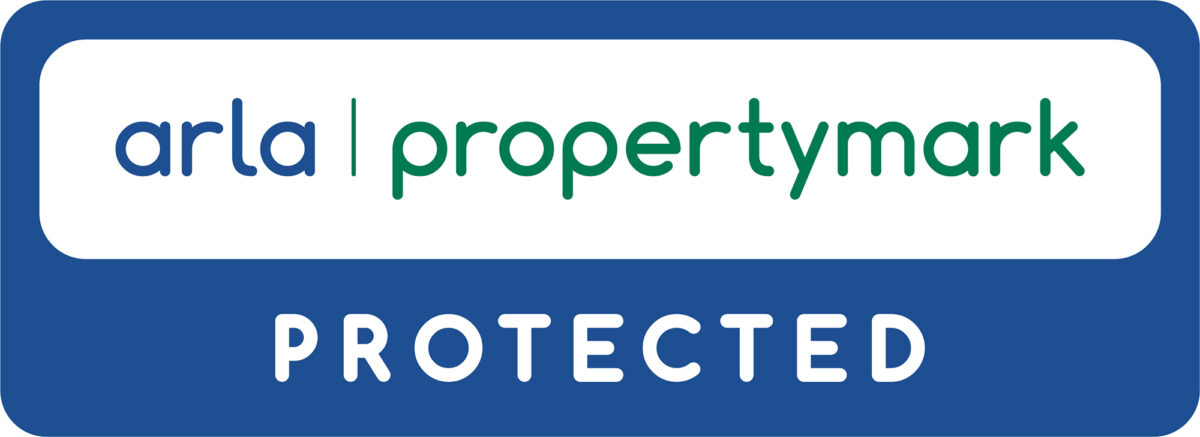A Sellers Guide
Whether this is the first time you are selling a property or are an experienced investor, we thought it would be useful for you to have a step-by-step guide for selling a property in the UK.
1. Market Appraisal
Arranging a market appraisal is always the first step. It is an opportunity for you to be made aware of the current value of your home and learn more about an estate agent you wish to instruct.
For market appraisals that we carry out, we always start by touring the property so we can understand its selling points and be placed with a fully informed picture before arranging the marketing of the property.
We then sit down and discuss current market conditions, the value of your home, what we include within our service, the fee and our marketing strategy.
We offer our opinion on whether any improvements might be required before the property is marketed. Whether it be a coat of paint in one room or simply moving furniture around, we can provide ideas to maximise its appeal.
We consider this is an important, and often overlooked step, before marketing the sale of a property. Once the property goes live on the portals, it is there for the public to see and the longer it remains on the market the less some purchasers may be inclined to view or put in an offer. That is why we ensure the property’s potential is maximised before it is placed on the market for the first time.
2. Signing up
When you decide that you are ready to move forward and place your property onto the market, there will be a few items required before the property can go ‘live’.
We will prepare the terms and conditions which will need to be signed by all legal owners of the property and the estate agent (for a copy of our terms and conditions, please email or call us).
To ensure the sales file is compliant with current legislation, all legal owners will need to provide photo I.D and a proof of address.
In the background we will carry out an AML (anti-money laundering) check and obtain proof of ownership via land registry.
Finally, a valid EPC (Energy Performance Certificate) will need to be in place prior to marketing starting. We can obtain this for you.
3. Marketing
The marketing stage involves obtaining all the material in place ready for the property to go live. We will arrange professional photography, a floor plan and a video tour.
We will also prepare the description and ask you to write a few sentences about your time at the property which we feel is always a nice touch. In our experience potential purchasers, whether buying for themselves or as a buy-to-let investment, like to know who they are purchasing the property from and this adds a personal element which can go a long way.
All marketing material will need to be approved by you and once we have this, the property will go live onto the web portals, our internal database, monthly newsletters and social media.
4. Viewings
The most popular viewing times are evenings and weekends. However, we would always suggest making the property available to view as often as possible as you do not want to miss out on an opportunity.
We know how important our role is to a seller which is why we carry out viewings from morning to late evening, seven days a week. All viewings are accompanied, and our agents will prepare for each viewing accordingly.
The buyers we take out on viewings will be fully registered beforehand ensuring we are producing in the right clientele. We try to ensure our clients are not wasting their time and the vetting process can sieve that out.
5. Agreeing a sale
Once a sale has been agreed between you and the buyer, solicitors will then need to be formally instructed. The agent should be provided with the solicitor’s details (by both buyer and seller) and, as above, they will issue the Memorandum of Sale to all parties.
This details the agreed purchase price and all conditions relating to the sale and will enable the legal process to begin. Your solicitor will require funds on accounts for items such as local searches.
We ask to see mortgages in principle to ensure or proof of funds to ensure the buyer has the necessary funding to proceed with the sale.
We believe our role is to facilitate the sales process. Therefore, we regularly check in with solicitors to ensure the sale is moving along and that nobody had taken their ‘eye off the ball’. That is the most valuable element of an estate agent. Sometimes, property sales can fall through for no reason other than a lack of communication. That is why we do not go silent after a sale is agreed. On the contrary, we act as a conduit between the buyer and seller and their respective solicitors to push things along and ensure any outstanding queries are addressed appropriately, effectively and in good time.
We believe a good solicitor is important to the sales process. A good solicitor ensures the sale moves along and enquiries are dealt with effectively and in good time. We liaise with the solicitors directly to ensure that happens. Should you require a recommendation, please let us know.
6. Sales progression
Your solicitor may ask you to put some funds on account for items such as the management pack (applicable for leasehold properties) which you should do at your earliest. They will also draft a contract for the buyers’ solicitor.
Initial enquiries will be carried out and dealt with and you will need to confirm which fixtures and fittings will be included.
Whilst the solicitors are dealing with the transaction, the buyer will arrange a mortgage valuation in order to get their mortgage offer.
7. Exchanging contracts
When all outstanding matters have been dealt with by the solicitors and they confirm their satisfaction, you will exchange contracts with the buyer.
The buyer’s solicitor will be in receipt of their deposit monies and both parties will have signed a legally binding contract.
We are often asked what it actually means to ‘exchange contracts’. You will be provided with the contract to sign before exchange. The terms of the contract are normally those which are set out by the Law Society. A copy can be seen at https://www.lawsociety.org.uk/en/topics/property/standard-conditions-of-sale.
A completion date will also be set which is agreed by all parties.
8. Completion
On the day of completion, the balance of the purchase price is transferred to your solicitor and they will confirm with the agent when monies have cleared. Your solicitor will also release the executed transfer form.
The agent will then receive confirmation that keys can be released to the new owner.
If you have any questions about this guide, feel free to email us or give us a call.
Many thanks,
Alter & Cope



